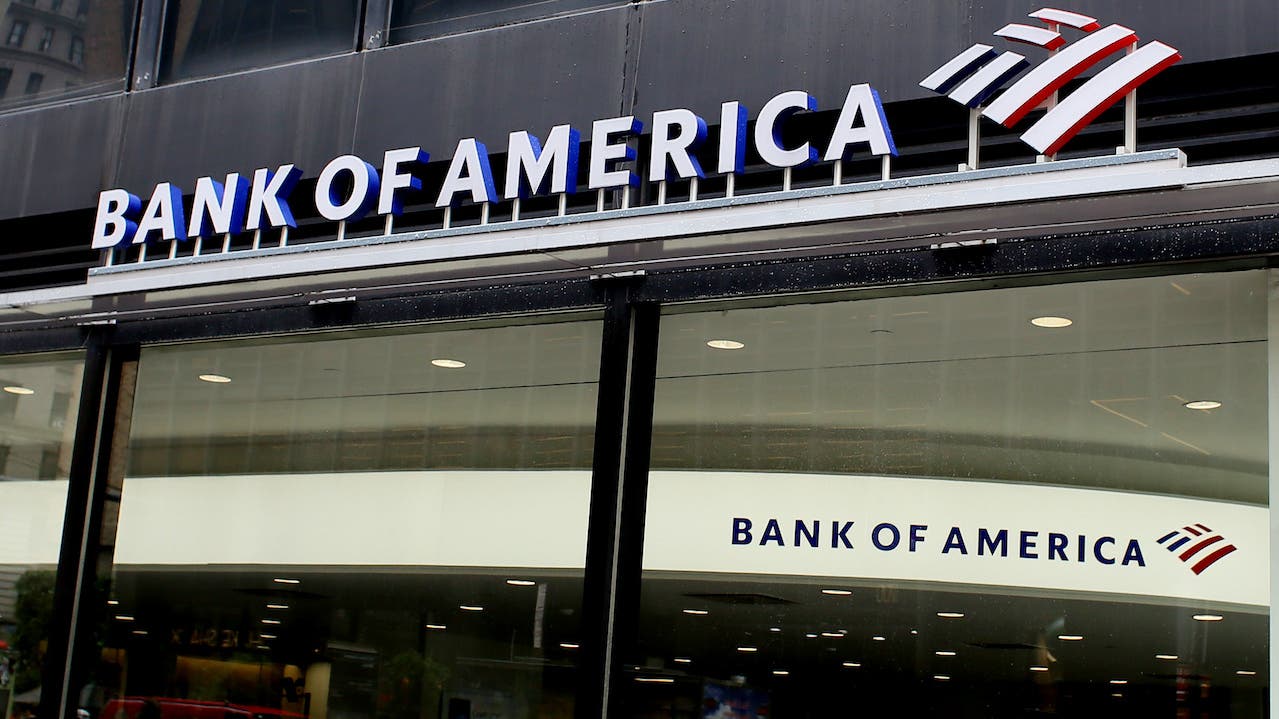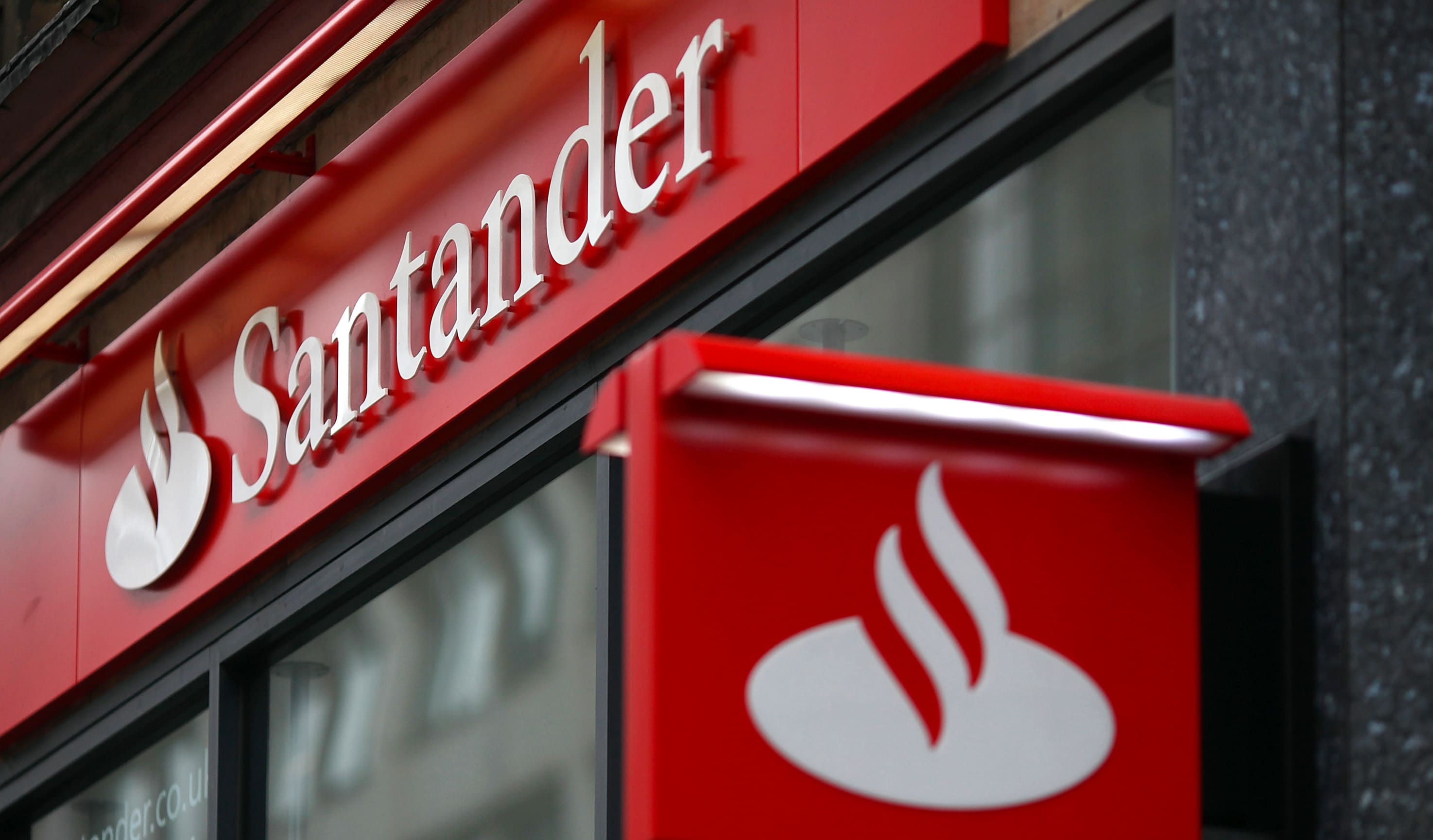Ripple and the Banking Sector
Ripple is a blockchain-based payment network that was created in 2012. The company's goal is to provide a more efficient and cost-effective way for banks to transfer money internationally.
Ripple's technology uses a unique consensus mechanism called the Ripple Consensus Protocol (RPC). The RPC is based on a distributed network of servers that verify transactions. This makes Ripple transactions more secure and efficient than traditional payment methods, such as SWIFT.
Ripple also offers a number of other features that make it attractive to banks, such as:
- Speed: Ripple transactions can be settled in seconds, compared to days or weeks for traditional methods.
- Cost: Ripple transactions are much cheaper than traditional methods.
- Transparency: Ripple transactions are fully transparent, so banks can track their payments in real time.
As a result of these features, Ripple has attracted a number of major banks as customers, including Bank of America, Santander, and UBS. These banks are using Ripple to improve their cross-border payment processing capabilities.
In addition to banks, Ripple is also being used by a number of other businesses, such as remittance companies and payment processors. These businesses are using Ripple to reduce their costs and improve the speed and transparency of their payments.
Ripple is still a relatively new technology, but it has the potential to revolutionize the way banks and businesses transfer money internationally. If Ripple is successful, it could have a major impact on the banking sector.
Here are some specific examples of how Ripple is being used by banks:
- Bank of America: Bank of America is using Ripple to power its xCurrent platform, which allows banks to send payments to each other in real time.

- Santander: Santander is using Ripple to power its One Pay FX platform, which allows customers to send money internationally at a fraction of the cost of traditional methods.

- UBS: UBS is using Ripple to power its RippleNet platform, which allows banks to connect with each other and exchange payments in real time.

These are just a few examples of how Ripple is being used by banks. As the technology continues to develop, it is likely that more and more banks will adopt Ripple to improve their cross-border payment processing capabilities.
The Ripple network serves as a decentralized infrastructure for financial institutions to connect and exchange value seamlessly. Its main feature, the XRP Ledger, acts as a distributed ledger that allows for the issuance and transfer of digital assets, including fiat currencies and cryptocurrencies. Ripple's technology has the potential to transform how banks process cross-border payments, eliminating intermediaries and reducing settlement times significantly.
Benefits for Banks
- Enhanced Efficiency: Ripple's technology allows banks to settle cross-border payments in real-time, eliminating the need for traditional correspondent banking relationships. By leveraging blockchain and its decentralized network, Ripple enables direct and instant transactions between banks, reducing the complexity and time associated with traditional payment systems.
- Cost Reduction: The traditional cross-border payment process often involves multiple intermediaries, resulting in high fees and long settlement times. Ripple's technology aims to minimize these costs by eliminating intermediaries and enabling direct transfers between banks. The use of XRP as a bridge currency further enhances cost efficiency by reducing liquidity requirements.
- Improved Transparency: The transparency offered by blockchain technology is a significant advantage for banks using Ripple. The distributed ledger ensures that all transactions are recorded and can be easily audited, reducing the potential for fraud and enhancing regulatory compliance. The visibility provided by Ripple's technology improves trust among participating banks and promotes greater transparency within the financial ecosystem.
Challenges and Considerations
- Regulatory Hurdles: As with any innovation in the financial industry, Ripple faces regulatory challenges. The regulatory landscape surrounding cryptocurrencies and blockchain technology is evolving, and banks must navigate compliance requirements to integrate Ripple into their operations fully. Clear guidelines and frameworks are necessary to address concerns such as anti-money laundering (AML) and know-your-customer (KYC) requirements.
- Adoption and Network Effects: The success of Ripple's impact on the banking sector depends on the network effects and widespread adoption of its technology. For Ripple to realize its full potential, a critical mass of financial institutions needs to join the network and utilize its services. Overcoming the inertia of legacy systems and establishing trust among banks are key factors in achieving broader adoption.
- Competition and Interoperability: The banking sector is a highly competitive industry, and Ripple faces competition from various other players offering cross-border payment solutions. It is essential for Ripple to ensure interoperability with existing systems and networks to avoid siloed solutions. Collaboration with industry stakeholders and fostering partnerships will be crucial in establishing Ripple as a prominent player in the sector.
Conclusion
Ripple's technology has the potential to revolutionize the banking sector by streamlining cross-border payments and enhancing operational efficiency. Its benefits include increased speed, reduced costs, and improved transparency, making it an attractive proposition for financial institutions worldwide. However, challenges related to regulation, adoption, and competition must be addressed to fully realize Ripple's potential. As the banking sector continues to embrace digital transformation, Ripple's innovative approach presents an opportunity for institutions to reshape the way they conduct cross-border transactions, ultimately benefiting businesses and consumers alike.












![[LIVE] Engage2Earn: Save our PBS from Trump](https://cdn.bulbapp.io/frontend/images/c23a1a05-c831-4c66-a1d1-96b700ef0450/1)











![[ℕ𝕖𝕧𝕖𝕣] 𝕊𝕖𝕝𝕝 𝕐𝕠𝕦𝕣 𝔹𝕚𝕥𝕔𝕠𝕚𝕟 - And Now What.... Pray To The God Of Hopium?](https://cdn.bulbapp.io/frontend/images/79e7827b-c644-4853-b048-a9601a8a8da7/1)

















